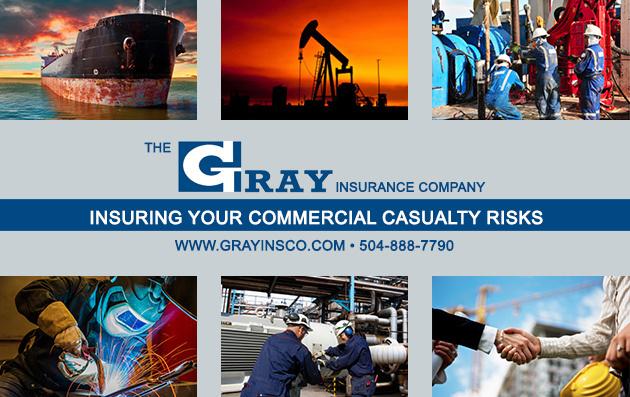
2 minute read
REMIND YOUR AGENTS: INCLUDE PERMITTED DRIVERS ON THE RLI PERSONAL UMBRELLA POLICY APPLICATION
Many underlying auto insurance policies don’t rate for permitted drivers or allow them to be added until they are licensed However, that’s not the case when it comes to an RLI Personal Umbrella Policy
If your agents have customers with one or more drivers with a learner’s permit at the time they are applying for RLI Personal Umbrella coverage, it is imperative that the permitted drivers are included for rating. Permitted drivers are considered drivers by application definition for the RLI Personal Umbrella program and must be rated at the time of the application, whether new or renewal. Please remind your agents to review questions #5 and #13 on the new business application and make sure they remind their clients to include their permitted drivers on their renewal questionnaire.
According to the National Highway Traffic Safety Administration (NHTSA), the risk of auto accidents is higher among 16- to 19-year-olds than any other age group – and that’s the largest age group of permitted drivers While a parent’s first concern is always the safety of their child, it’s important they understand that permitted drivers must be accounted for on an RLI personal umbrella application
A personal umbrella policy increases overall liability coverage with an extra layer of protection beyond what’s covered by homeowners and auto insurance policies. A low-cost personal umbrella protects your customers and their families from hefty judgements stemming from catastrophic lawsuits, for instance, as a result of an auto accident.
Feel free to reach out to your RLI account representative if you have any questions.
Brandi Van Pelt bvanpelt@iiabl.com
Burand'sInsuranceAgencyAdvisory Volume28,Number3 April2023
Business valuations, including agency valuations, are completed based on various appraisal standards (indeed, standards do exist although not all appraisers follow them). These standards vary depending on the purpose of the valuation, the use of the appraisal, and the appraiser's professional standards. Different standards apply based upon the appraiser's professional designations and memberships. For example, the standards for valuing gems is different from the standards for valuing dental practices. The standards applicable to a CPA are different from those applicable to a certified appraiser who is not a CPA. All valuations are supposed to be based on an upfront, agreed upon definition of value before the appraisal begins. As with insurance policies, different definitions of value also exist. In insurance you have replacement cost value, actual cash value, market value, and so on and so forth.

When appraising a business, many definitions of value exist. Typically the two most common definitions are Fair Value and Fair Market Value. It is unfortunate the terms are so similar in name because the definitions and resulting values are often significantly, not only materially, different. Both require the assumption of what a prudent buyer would do upon acquisition, including an adjustment to the ex-owners' compensation to some semblance of the IRS's "Reasonable Compensation" standard.











